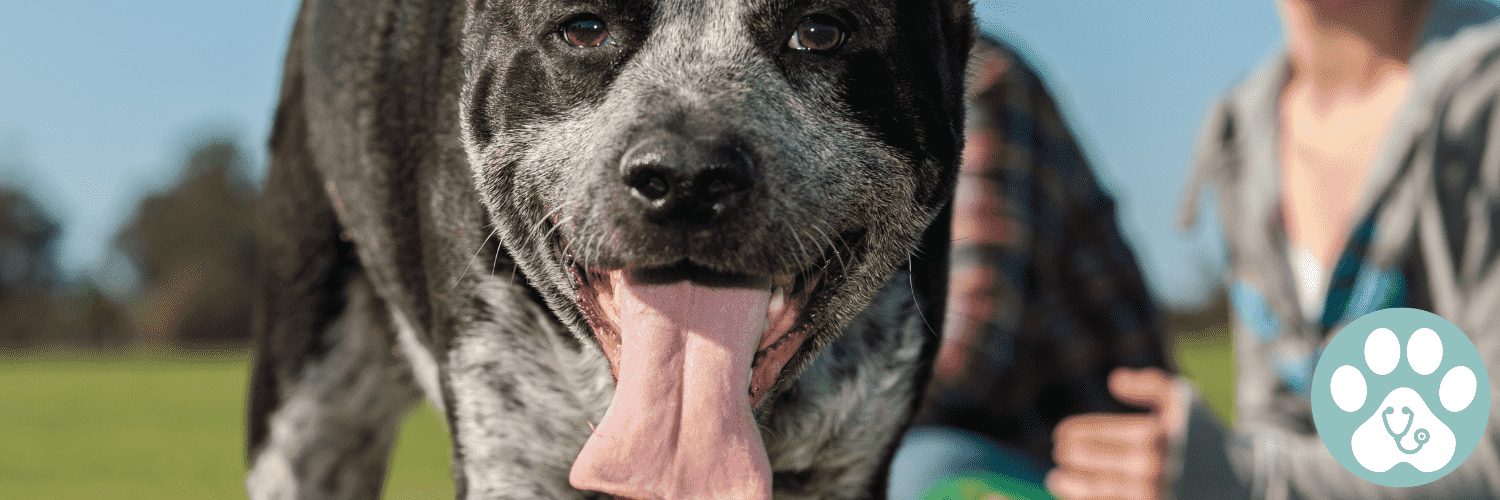The holiday season often brings joy and excitement, but for many pets, loud noises like fireworks can cause stress and anxiety. Pets experience sound more acutely than humans, making them more sensitive to sudden loud noises. Fortunately, there are several effective strategies to help your pet stay calm and comfortable during these noisy events. This post will outline practical steps to ease your pet’s anxiety around fireworks and other loud sounds.
Understanding Pet Anxiety
Pets, particularly dogs and cats, have sensitive hearing. Loud sounds can overwhelm them, triggering anxiety and fear. Common signs of stress in pets include:
- Panting and trembling: Increased breathing and shaking are typical signs of distress.
- Hiding: Pets often seek quiet, dark spots to feel safe, such as under furniture or in closets.
- Excessive barking or meowing: Pets vocalize to express their anxiety.
- Pacing: Restlessness can indicate nervousness.
- Inappropriate elimination: Anxiety may cause accidents indoors.
Signs of Heat Stroke
Pets can also be at risk of heat stroke, especially during warm weather. Key signs of heat stroke in dogs include:
- Excessive panting: Rapid or labored breathing.
- Drooling: Increased saliva due to heat stress.
- Elevated heart rate: A faster pulse.
- Red or blue gums and tongue: Discoloration suggests overheating.
- Lethargy: Weakness and listlessness.
- Vomiting or diarrhea: Digestive distress.
- Seizures: Severe cases may lead to seizures.
If you notice any of these signs, act quickly to help your pet.
Tips to Help Your Pet Cope
- Create a Safe Space: Set up a quiet, comfortable area where your pet can retreat during loud events. Include their favorite toys, a blanket, and food and water bowls.
- Limit Exposure: Keep your pet indoors during fireworks shows. Close windows and curtains to reduce noise and light.
- Background Noise: Play calming music or white noise to help mask loud sounds.
- Use Anxiety Wraps: Products like ThunderShirts apply gentle pressure, providing comfort and reducing anxiety.
- Consult Your Vet: If your pet’s anxiety is severe, talk to your veterinarian about calming supplements or medications.
- Behavioral Training: Work with a trainer to gradually desensitize your pet to loud sounds.
- Stay Calm: Pets can sense their owner’s emotions. Stay composed to avoid increasing their stress.
- Create Positive Associations: During noisy events, reward your pet with treats or play to form a positive link with the sounds.
Preparing for Festive Outings
If you plan to attend a gathering or event, take steps to ensure your pet’s safety and comfort:
- Leash or Crate: Keep your pet on a leash or in a secure crate to prevent escape.
- ID Tags and Microchipping: Make sure your pet’s ID is up-to-date, and consider microchipping for added security.
- Familiar Items: Bring items that remind your pet of home, such as their bed or favorite toy.
- Bathroom Breaks: Bring your pet outside for potty breaks, and bring waste bags.
Consult Your Veterinarian
If your pet’s anxiety is overwhelming, seek advice from your veterinarian. They can provide professional recommendations to help manage stress during noisy events.
Conclusion
Every pet is different, so it may take some time to find the best way to help your pet cope with fireworks and loud sounds. By understanding their needs and following these strategies, you can ensure a more peaceful holiday season for your furry friend.




